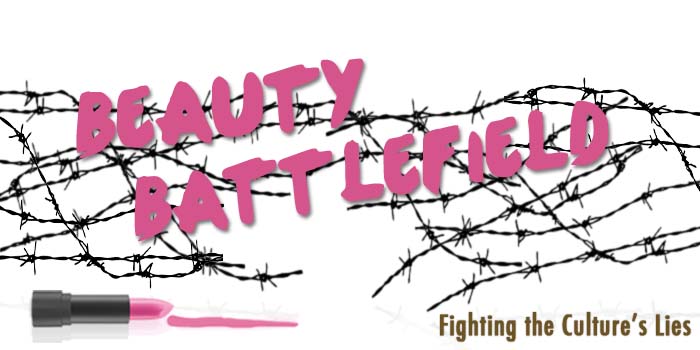 Which sentence is correct, and what does Karen Carpenter have to do with it?
Which sentence is correct, and what does Karen Carpenter have to do with it?A. If I were thinner, I would be happy.
B. If I was thinner, I would be happy.
All you grammar nerds know that the correct answer is A. It's called the subjunctive voice. If you want to express something that isn't actually true, you say, "If I were . . . ."
Of course, neither statement is factually true. A smaller waistline does not buy lasting happiness. Neither does a bigger bust or straighter teeth or higher cheekbones.
But a lot of people buy the lie. Some people don't stop at dieting or exercise or push-up bras. Their struggle with body image is a disease such as anorexia nervosa or bulimia or obsessive-compulsive disorder. This time of the year, Karen Carpenter comes to mind. Her voice is on all the Christmas radio stations, but we lost her in 1983 when she was 32. She died of heart failure as the result of anorexia. It was early in our public
education about eating disorders although there are medical records of women with these disorders as early as the nineteenth century.
Today treatment is more advanced. Thanks be to God for physicians and therapists who know how to treat these disorders. Our God is a God of healing, and God has put the power to help and heal in the hands of friends and professionals. Jesus said, "The Spirit of the Lord has sent me to release the oppressed." (Luke 4) This includes the oppression of eating disorders and mental illness.
You'll hear Karen Carpenter sing, "Merry Christmas, Darling," this month. At the end of the song she sings, "I wish I were with you." That's the correct use of the subjunctive voice because Karen's not with us. I'm a grammar nerd, but I would gladly give up correcting my kids' syntax if I could have Karen's voice back -- live and in person.
We wish you were with us, too, Karen. Here's to hope for healing for all the oppressed. That's what Christmas is about.






